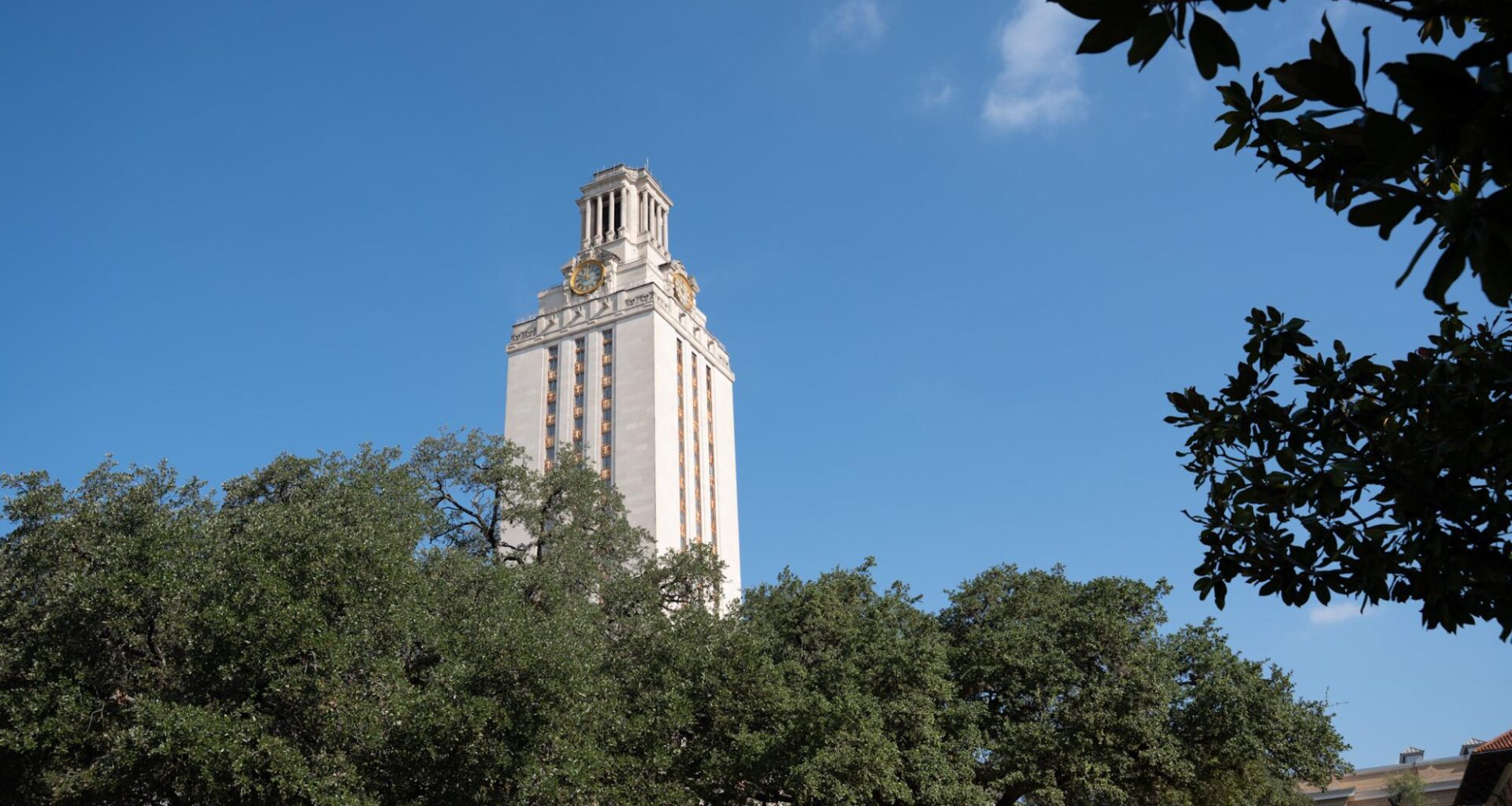The College of Liberal Arts created an advisory committee to develop new structural models for the college by the end of this semester, according to an email sent to department chairs and academic directors on Oct. 23, obtained by The Daily Texan.
Daniel Brinks, associate dean for academic and faculty affairs and chair of the new committee, wrote in the email the college has become “overly fragmented.” The school houses 26 departments, 23 centers and over 800 faculty members, according to the college’s website.
“The aim is to maximize two goals that can be in tension with each other: ensuring that units have a critical mass of faculty, graduate students, and staff to create the best possible foundation for excellence, rigor and success, on one hand; and ensuring the intellectual coherence of our academic units, on the other,” Brinks wrote.
Brinks wrote that the committee, which includes representatives from ethnic and area studies, should consider administrative changes at the department level instead of individual degree programs. Smaller programs, such as ethnic and area studies departments and women and gender studies, could be consolidated into larger departments.
Brinks declined to comment further on the committee, and a COLA spokesperson did not respond to multiple requests for comment.
Discussion that the University plans to consolidate ethnic, regional, language and women and gender studies has circulated among students and faculty for weeks. Students have held multiple protests against possible consolidation this month, including at Davis’ investiture.
COLA professors have also expressed concerns about this restructuring. Mary Neuburger, chair of the Department of Slavic and Eurasian Studies, said the smaller departments give students a more specialized education and supplement course offerings in other departments. For instance, her department offers classes about Russia that can also count for government credits.
“There’s this kind of ecosystem of the college that is fed by these smaller departments, so students and faculty can come together and have a shared academic interest,” Neuburger said.
Neuburger wrote a letter to COLA interim Dean David Sosa on Monday arguing against consolidation. She wrote that it would not make sense for an interdisciplinary department like hers to fold into a department focused mainly on language and literature, and she warned consolidation could cause the loss of dedicated staff with specific expertise.
Although some faculty in the Department of Slavic and Eurasian Studies have signed on to her letter, Neuburger said she urges other department chairs to write similar letters expressing their concerns.
Julie Minich, a professor of English and Mexican-American and Latino/a Studies, said she worries about the lack of wider faculty input on potential structural changes.
“There hasn’t been a discourse among COLA faculty that there are problems in COLA that need to be solved,” Minich said. “The formation of this committee … appears to be a solution in search of a problem.”
The committee’s formation comes as University leadership figures have advocated for changes in higher education. In a piece for National Affairs, William Inboden, executive vice president and provost, wrote that academia’s “monolithic” views on race, gender and other social issues lead to the marginalization of conservative voices in higher education. During his inauguration speech last Wednesday, President Jim Davis said he wants UT’s curriculum to be free of “narrow” degree programs.
UT began auditing its courses over a month ago and created a curriculum task force to review its core curriculum requirements in compliance with Texas Senate Bill 37, which went into effect on Sept. 1.
News Editor Pili Saravia contributed to this report.

